Question And Answer
Publications
Articles, publications, books, tools and multimedia features from the U.S. Institute of Peace provide the latest news, analysis, research findings, practitioner guides and reports, all related to the conflict zones and issues that are at the center of the Institute’s work to prevent and reduce violent conflict.
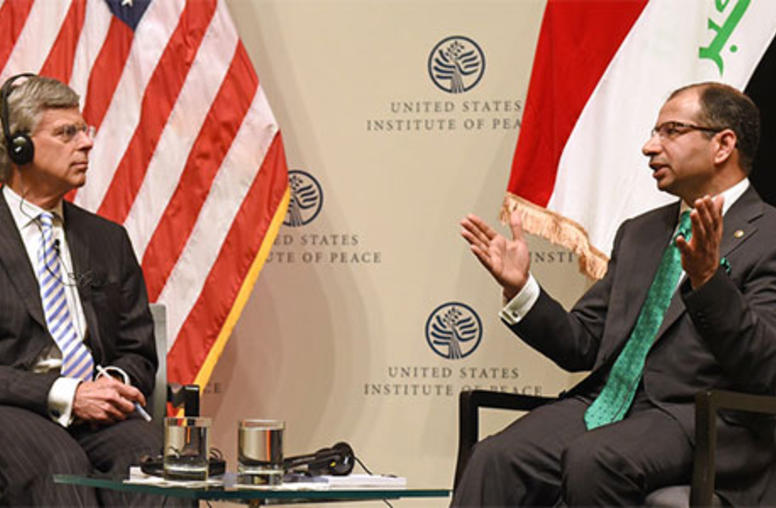
Iraq Needs Political Reconciliation to Defeat ISIS, Parliament Speaker Says
Iraq must achieve a political reconciliation among its long-divided religious and ethnic groups as a first step toward defeating the Islamic State (ISIS) extremists who control a third of the country, Iraq’s parliament speaker said at the U.S. Institute of Peace. Reconciliation will rely heavily on building police and military forces that those disparate communities can trust, said the speaker, Saleem al-Jubouri.
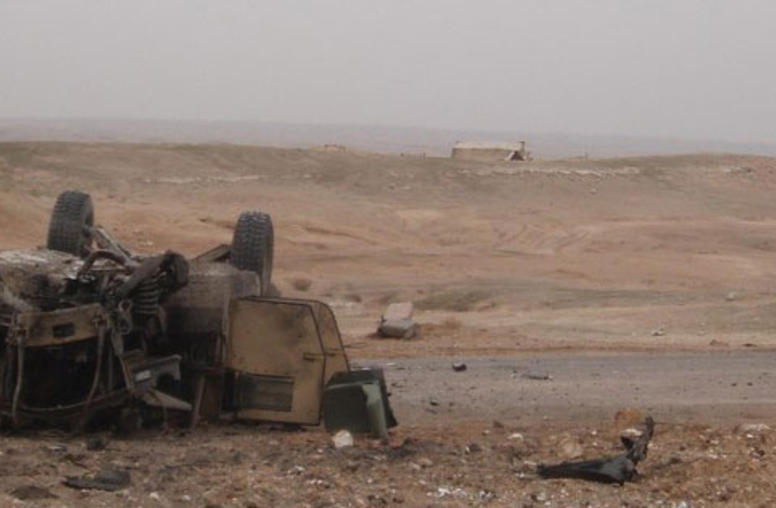
Beating the Islamic State Won’t Fix Iraq
The country's extremist problem goes way beyond ISIS. And unless the state fixes its governance troubles, it will have to fight this war all over again.
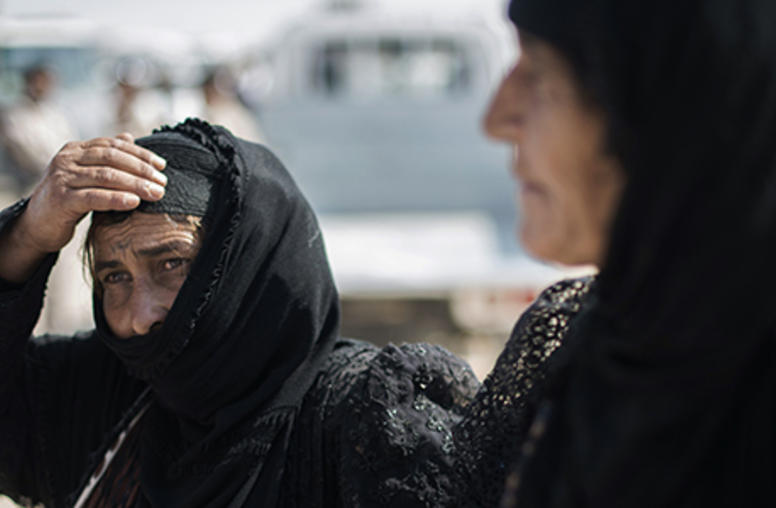
Women and Violent Extremism: A Growing Threat Demands Concerted Action
The extremist organization ISIS manipulates gender dynamics far better than its opponents often understand. It recruits young men with promises of control over women and uses mass rape as a form of cohesion. At the same time, it lures isolated women with appeals to enlarge their lives by joining a cause. Policymakers seeking to address the role of women in countering violent extremism must take an equally layered, multi-pronged approach to gender, according to experts from government, the Uni...
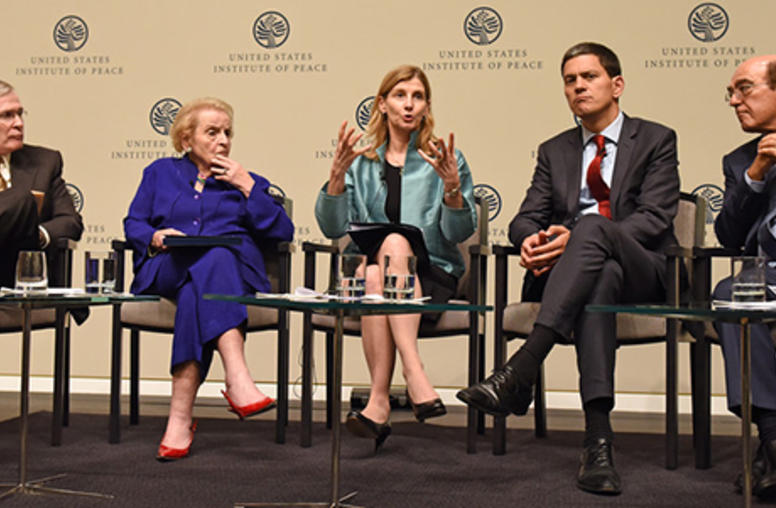
Europe’s Refugee Flood Shows Urgent Need for Action on Middle East
Former Secretary of State Madeleine Albright and former National Security Advisor Stephen J. Hadley joined U.S. Institute of Peace President Nancy Lindborg, a U.K. foreign secretary-turned humanitarian advocate and other experts in calling for U.S., European and other world leaders to accelerate assistance to refugees in the Middle East and reinvigorate efforts to end the conflicts that drive them out of their homes in the first place.
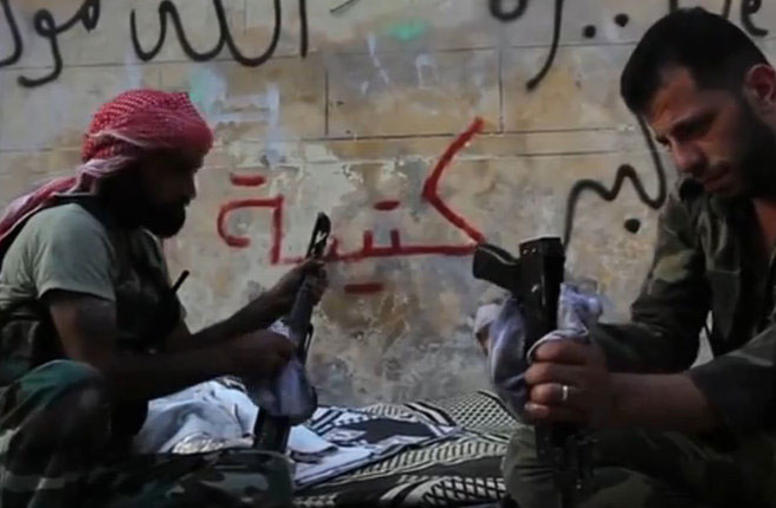
Four Lessons for Fighting Extremists – Without Guns
As the military campaign against the Islamic State stalls, it's time to turn to a civilian solution.
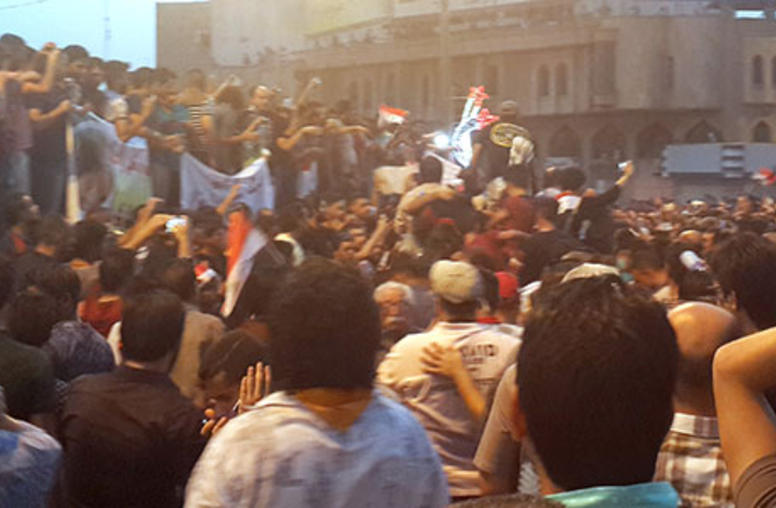
Q&A: Iraqi Protesters Demand Action on Corruption and Reforms
A growing tide of street protests has swept 11 of Iraq’s 18 provinces since mid-July and are scheduled to resume Oct. 2 after a pause for the Eid al-Adha holiday. Citizens’ anger over abysmal public services and rampant corruption had boiled over in July as temperatures soared above 130 degrees amid notoriously short electricity supplies. The persistence of the largely peaceful demonstrations emboldened Prime Minister Haider al-Abadi to introduce far-reaching measures to combat corruption and...
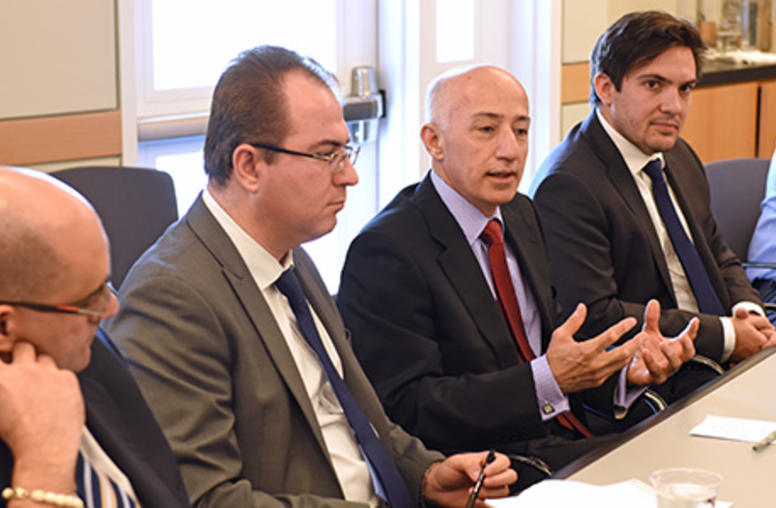
Rare Stability Is At Risk in Iraq’s Kurdish Region and Elsewhere, Middle East Experts Say
Iraq’s Kurdish region, which has been crucial for containing the Islamic State’s rampage and sheltering Iraqis fleeing the extremist group’s brutalities, urgently needs greater engagement from the U.S. and Europe, a panel of experts said in a discussion hosted by the U.S. Institute of Peace. Only intensified support will enable the region to withstand the multiple shocks of the past year, including its own current political crisis.
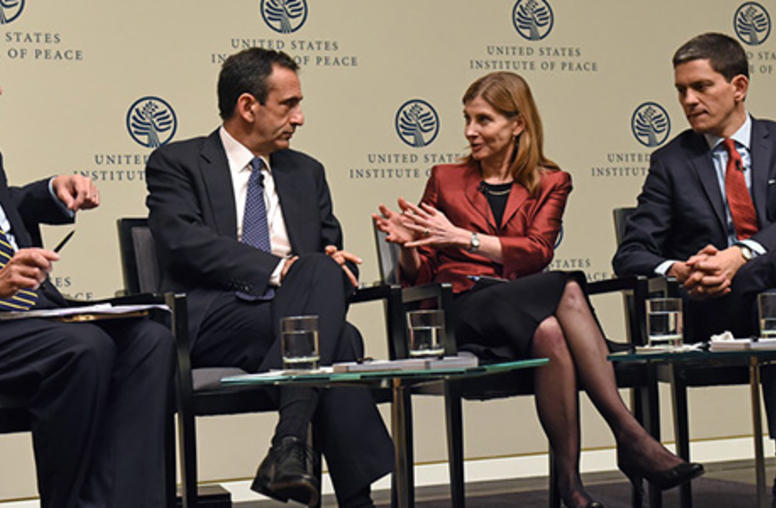
Too Little Aid, Too Many Displaced: Remaking Humanitarian Assistance
The international system to aid people displaced by conflict is strained beyond the breaking point. Faced with the greatest flood of displacement since World War II—and with no end in sight—governments and international organizations need to rethink every level of aid, from funding to future outcomes, according to experts assessing the crisis in a discussion at the U.S. Institute of Peace.
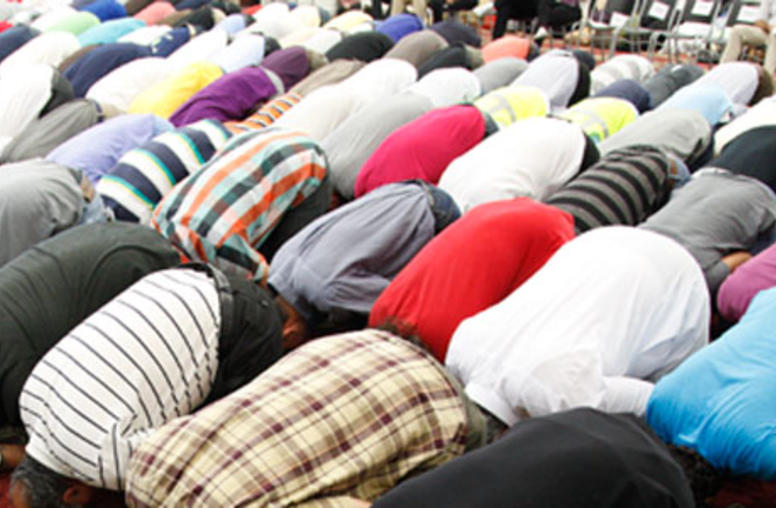
Ambassador Johnson Cook, Specialists Consider Role of Civil Society in Religious Coexistence
The U.S. State Department’s “strategic dialogue” with international civil society, including faith leaders abroad, is underway and “planting seeds for the future” in fostering peaceful religious coexistence, Ambassador Suzan Johnson Cook, the U.S. ambassador-at-large for international religious freedom, said at the U.S. Institute of Peace (USIP) on October 22.
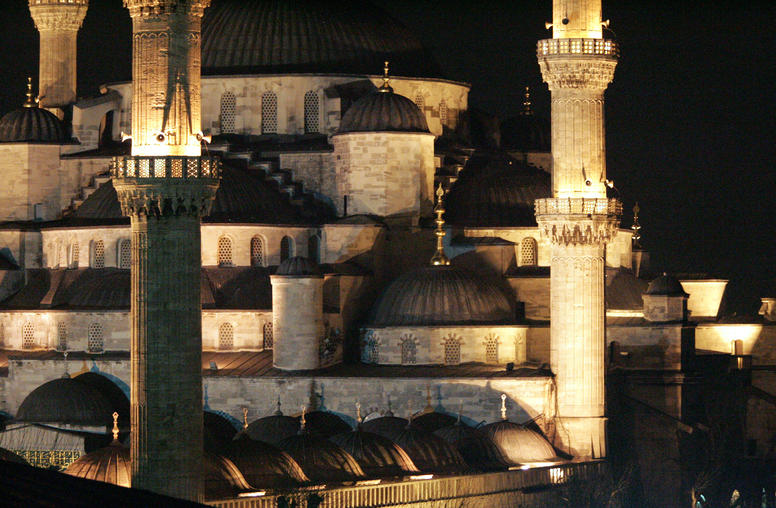
Challenges and Opportunities for Women in Transition: An Expert Dialogue with Afghan, Iraqi, Libyan and Tunisian Women
On December 7-9, 2012, USIP’s Center for Gender and Peacebuilding brought together a group of Afghan, Iraqi, Libyan and Tunisian women to build on the findings from a June 2012 Dialogue and to identify common challenges and opportunities across the countries.